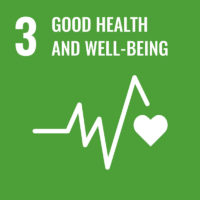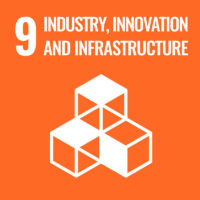Strengthening Laboratories in South Sudan
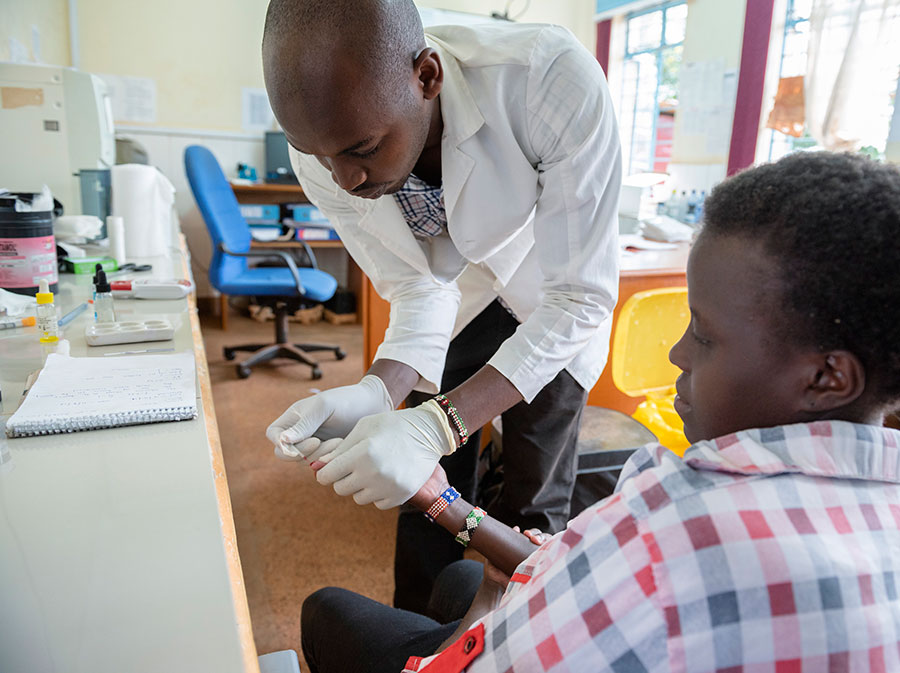
Without an accurate diagnosis of HIV, how can someone seek treatment?
In South Sudan, it is estimated that 16,000 people are newly infected with HIV every year, and we know that laboratory services are crucial for delivering HIV/AIDS prevention, care and treatment services. However, in this young country, there is an unmet demand for laboratory services to address the HIV/AIDS epidemic and other diseases. Most laboratories where blood samples are sent for diagnosis are underfunded, lack basic equipment, and are short on fully skilled staff and management.
Through support from the U.S. Centers for Disease Control and Prevention (CDC) and the U.S. President’s Emergency Plan for AIDS Relief (PEPFAR), and our donors, Amref Health Africa is strengthening the national laboratory system of South Sudan to provide accurate and timely diagnoses and to be able to provide HIV prevention and treatment services to control the epidemic in South Sudan.
To do this, Amref Health Africa is strengthening the lab systems of South Sudan by training both new and existing lab workers to provide higher quality services that support HIV care and treatment. In collaboration with South Sudan’s Ministry of Health, we are reviewing and updating in-service training programs so lab workers can upgrade their skills on the job.
Through this program, we ensure that labs have the equipment and supplies needed to offer high quality testing services that support disease diagnosis, care and treatment. We also ensure that labs can provide Early Infant Diagnosis (EID) for newborns that may have had an infectious disease transmitted through their mothers, as well as provide a safe blood supply through the National Blood Transfusion Service. This program also aims to strengthen the Public Health Laboratory in the capital of Juba so that samples collected throughout the country can be collected, re-tested for quality assurance, and inventoried. This would strengthen the overall national lab network. In the past, samples were often sent to labs in Nairobi, Kenya.
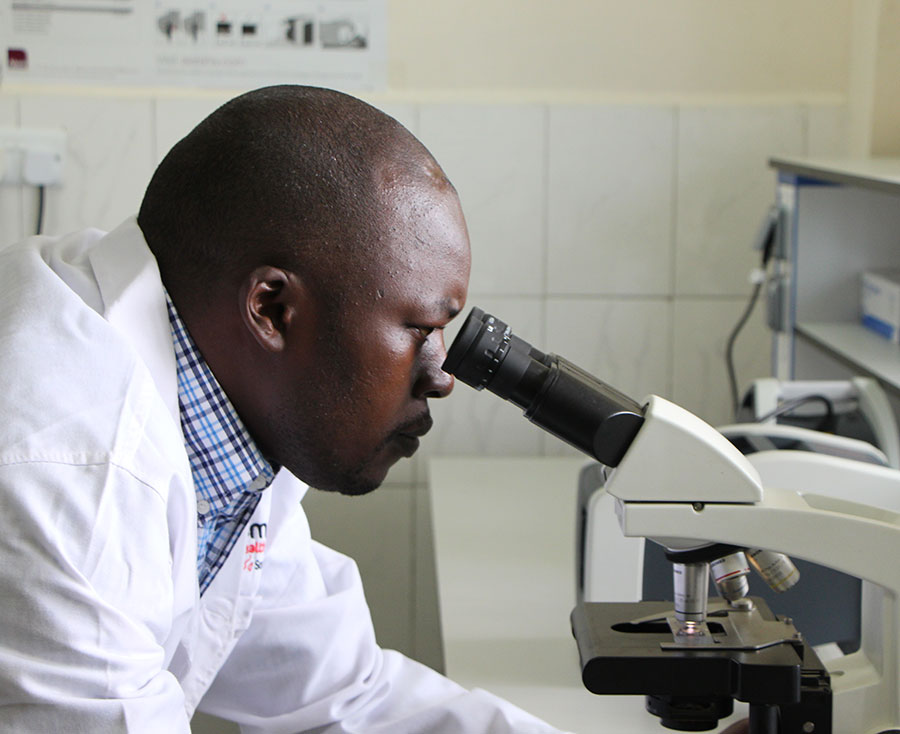
Just this past year alone, this project achieved:
Advocate for Vaccines for All!
Currently, lower income countries are struggling to secure enough vaccines for their populations. Join us in demanding that the Biden Administration increase equity to the COVID-19 vaccine and donate all surplus vaccine doses to lower-income countries.
Help get the COVID-19 vaccines to communities in Africa.
